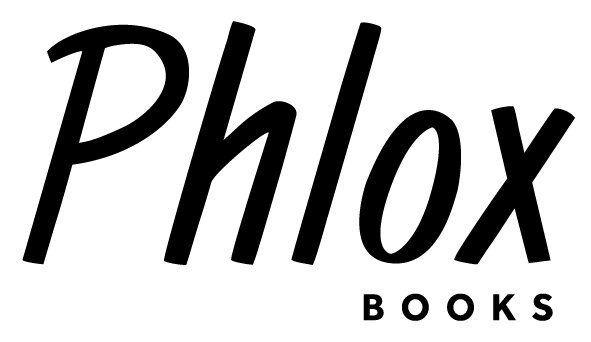Is Peace Possible ? - Kathleen Lonsdale
Kathleen Lonsdale, a pioneering chemist and midlife Quaker convert, was horrified by the atomic bombings of Hiroshima and Nagasaki. In Is Peace Possible? (1957), she explores how science, often seen as a tool for destruction, can instead foster peace and address profound human questions.
With clarity and intellect, Lonsdale argues against the inevitability of war, offering a poignant and timeless plea for peace. Written at a pivotal moment in history, her work remains a powerful, elegant reflection on the intersection of science, humanity, and moral responsibility.
Kathleen Lonsdale, a pioneering chemist and midlife Quaker convert, was horrified by the atomic bombings of Hiroshima and Nagasaki. In Is Peace Possible? (1957), she explores how science, often seen as a tool for destruction, can instead foster peace and address profound human questions.
With clarity and intellect, Lonsdale argues against the inevitability of war, offering a poignant and timeless plea for peace. Written at a pivotal moment in history, her work remains a powerful, elegant reflection on the intersection of science, humanity, and moral responsibility.
Kathleen Lonsdale, a pioneering chemist and midlife Quaker convert, was horrified by the atomic bombings of Hiroshima and Nagasaki. In Is Peace Possible? (1957), she explores how science, often seen as a tool for destruction, can instead foster peace and address profound human questions.
With clarity and intellect, Lonsdale argues against the inevitability of war, offering a poignant and timeless plea for peace. Written at a pivotal moment in history, her work remains a powerful, elegant reflection on the intersection of science, humanity, and moral responsibility.

